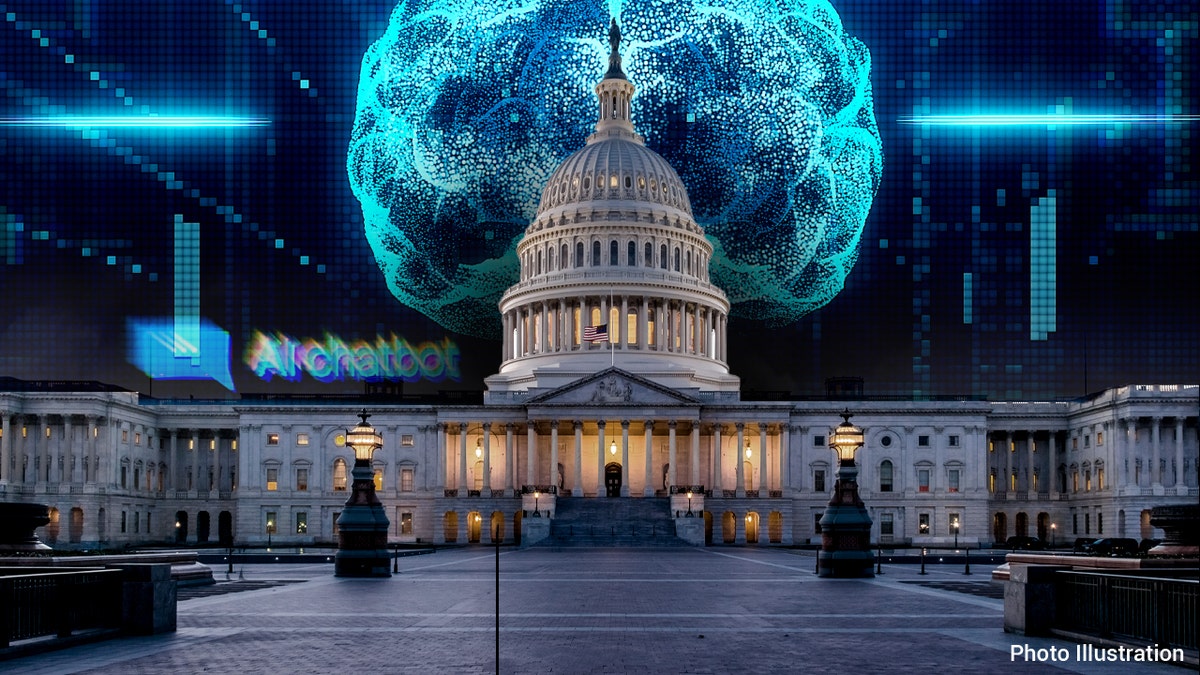A United Nations expert, Fionnuala Ní Aoláin, has expressed serious concerns regarding the increasing use of artificial intelligence (AI) and other advanced technologies for surveillance purposes, particularly against journalists and human rights activists. Ní Aoláin, a special rapporteur appointed by the UN Human Rights Council, has called for a moratorium on the development of such technologies until adequate safeguards are established to prevent misuse. Her March 2023 report to the Human Rights Council highlighted an "alarming" trend of employing "security rhetoric" to justify intrusive surveillance practices.
Ní Aoláin argues that the justification for using these technologies in counter-terrorism often leads to their normalization for everyday surveillance, enabling governments and private entities to operate with impunity "under the guise of preventing terrorism." She emphasized the need for meaningful oversight to prevent the erosion of human rights. Ní Aoláin, also a professor at the University of Minnesota, stressed that "abusive practices are hardwired into counter-terrorism and countering violent extremism."

The challenge of establishing effective safeguards for AI is a significant one that governments worldwide are grappling with. Experts believe this issue is unlike any previously encountered. The potential of generative AI, in particular, is a double-edged sword, capable of creating both utopian and dystopian outcomes.
Kevin Baragona, founder of DeepAI.org, expressed skepticism about the feasibility of effective regulation, given governments' struggles with simpler issues. He cautioned against outright bans, like the one initially attempted by Italy, arguing that such measures could hinder a nation's progress for decades to come. Ní Aoláin concurred, stating that without proper regulation, the negative impact on human rights will continue indefinitely.


Ní Aoláin's report dedicates a specific section to the risks associated with AI, classifying it as a "high-risk technology." She points out AI's widespread applications across various sectors, including law enforcement, national security, and criminal justice. The algorithms at the core of AI can create individual profiles and predict future behavior based on extensive data analysis, raising significant privacy and human rights concerns. Ní Aoláin cautioned against using AI assessments as the sole basis for reasonable suspicion due to their probabilistic nature.

She expressed deep concern about the use of AI assessments to justify state actions in counter-terrorism, including searches, arrests, prosecutions, and increased surveillance. The report underscores the profound implications of such data collection and predictive activity for fundamental human rights.
Comments(0)
Top Comments